Bellydance History, ¿What is it and where did it come from? (Raks Sharki)
The Term.
The correct name for it is 'Raks Sharki', that means 'East Dance'. The therm 'Bellydance' became popular because in the XIX century there were a lot of european travelers that visited the middle east countries, and were almost shocked by the belly movements that were signature of many of this dances, and they started calling it 'Bellydance'.
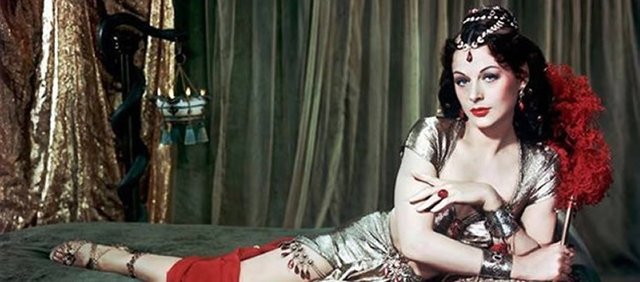
This term became stronger with the appearence of modern Raks Sharki dancers in Hollywood movies, and even now you often see west dancers calling itself as 'bellydancers'. However it can be offensive to many dancers, specially Middle East Native dancers because it reduces a big group of folcloric dances to something very superficial.
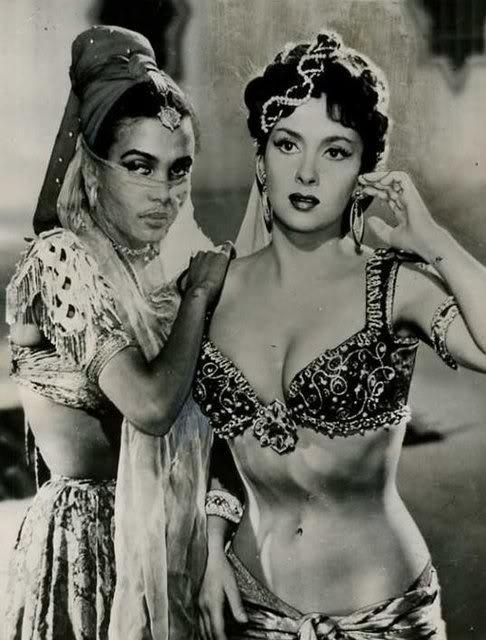
What is the Raks Sharki?
When we are talking about Raks Sharki, we have to understand it is a big group of folcloric dances, and they change a lot when you take a look closer on them. For example, this dances belong to specific places and cultures; many of this dances have their own costume, props, music rythm and structure, not to mention there are a lot of different purposes in the dance (such as religious, entertainment, political protest) and of course each dance have its own movements an energy. (Comment me if you would like to know deeper about the different styles that are into Raks Sharki)
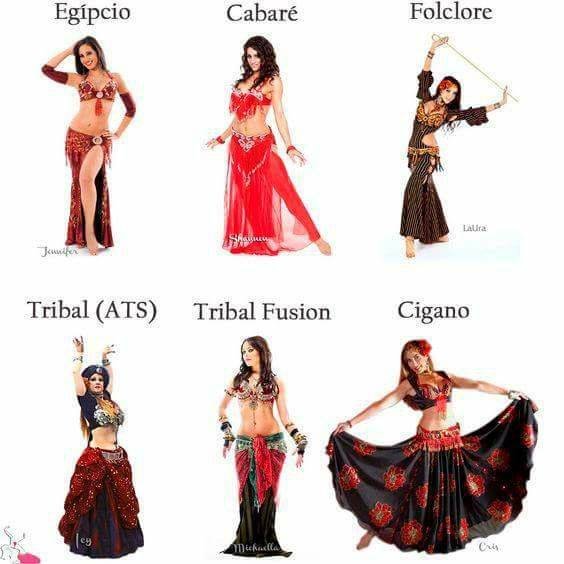
Where did it come from?
The Raks Sharki is one of the ancient dances of the world, it has its rooths in the Middle East and the nort of Africa, but its beginning is not really clear. There is a current belief that it started with the egyptians, as a religious dance to the fertility goddess, this is because it is said that the moves that describe the texts of the antique egyptian dance, are very familiar to the Raks Sharki.
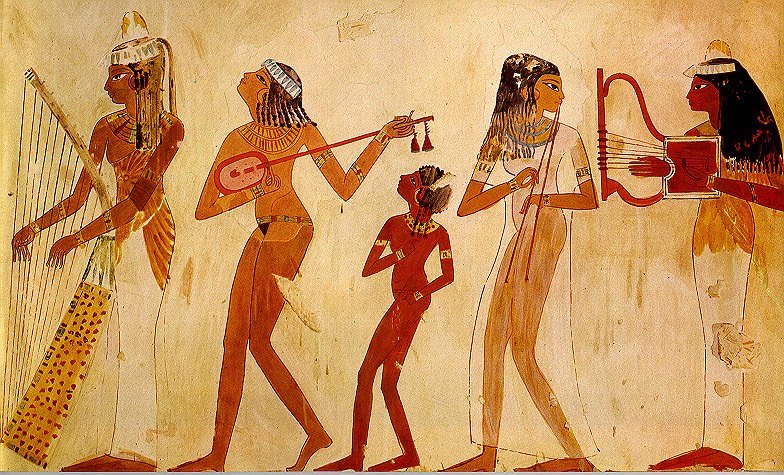
Something particular, is that the 'antique egypt' fantasy is very common in west dancers, you see a lot of dancers trying to bring back the Cleopatra look, and even some movements that are similar to the hieroglyphic dance poses to create that illution. The truth is that we don't know exactly how were the dances of that historical period.
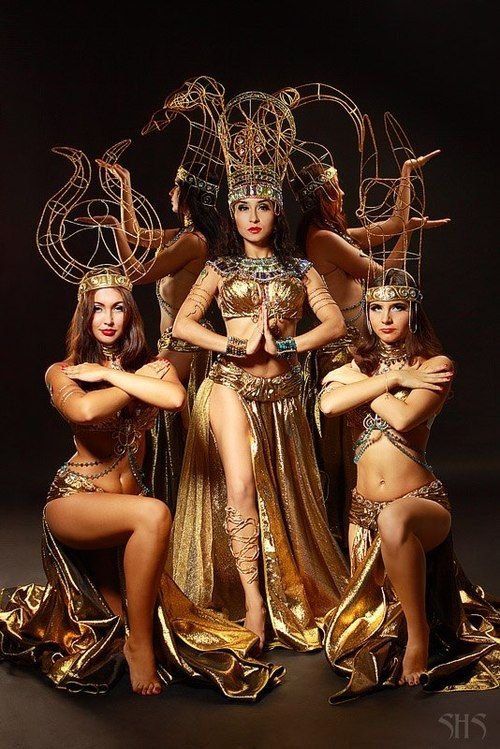
Thank you for reading! I really appreciate your feedback, please tell me if you would like to know more about this :)
xxxx